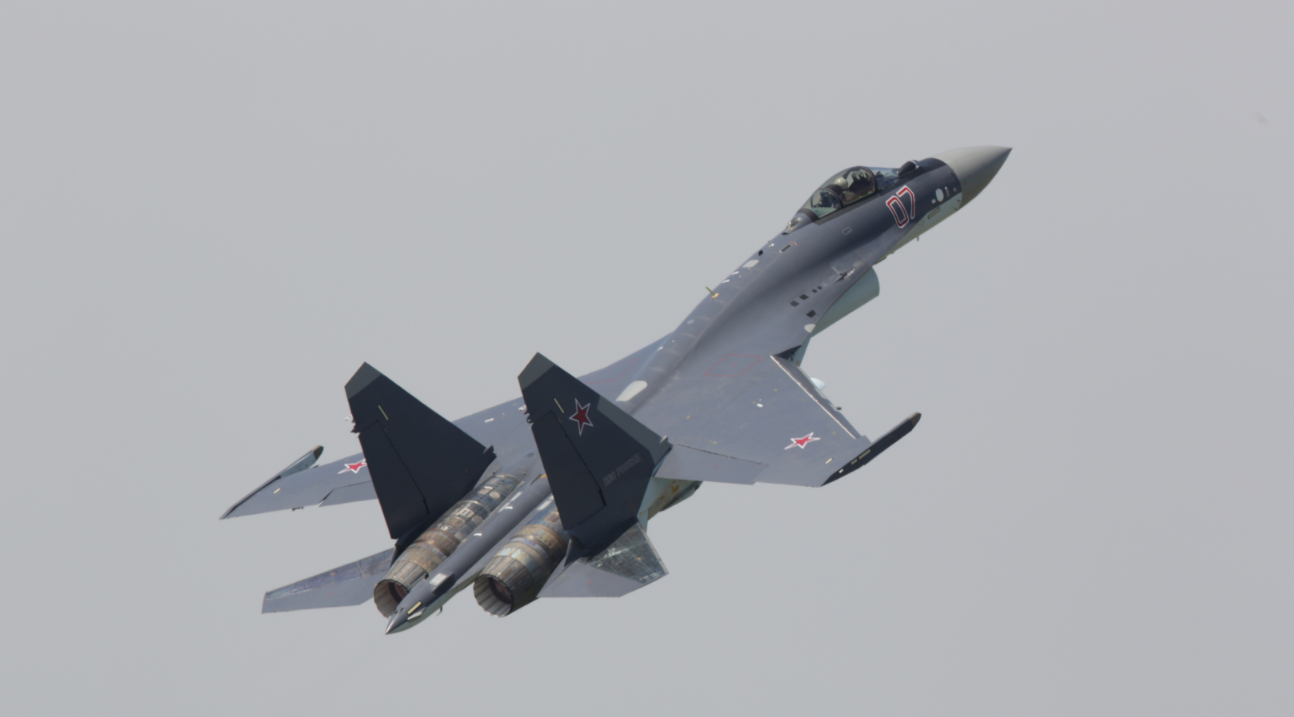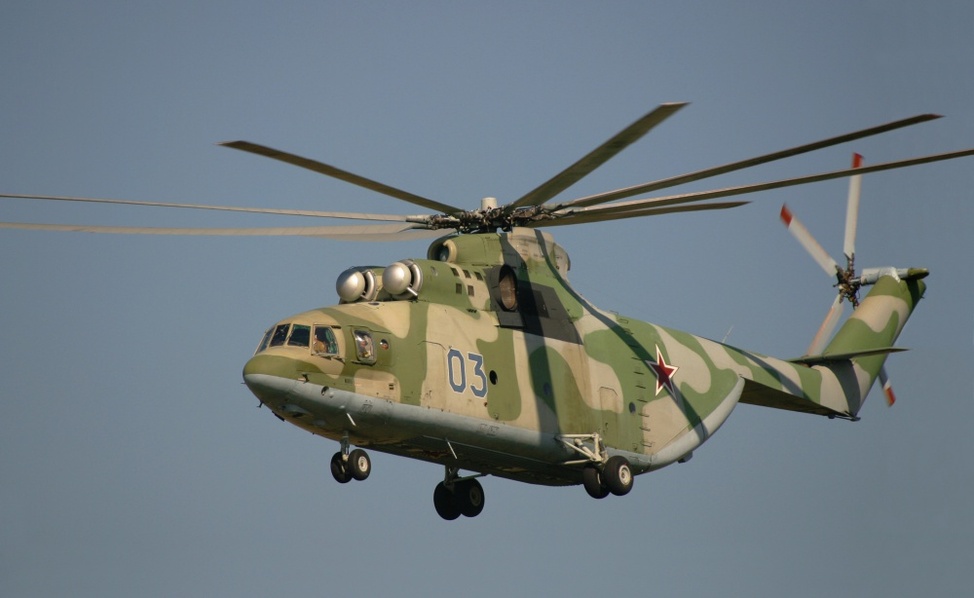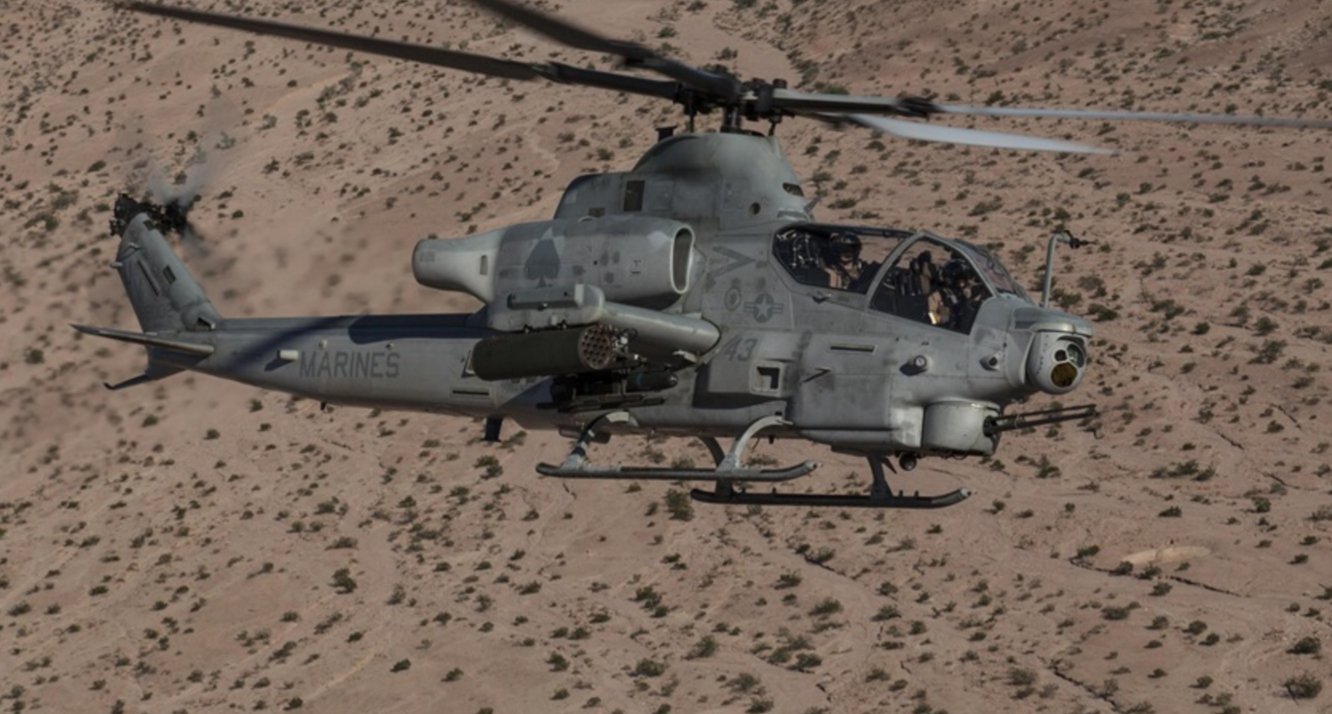2780Views 0Comments

Indonesia will trade commodities for Su-35 fighters
Russia and Indonesia have agreed to a counter-trade deal that will enable Jakarta to trade its goods for Sukhoi Su-35 Flanker-E multi-role fighters.
The state-owned Indonesian trading company PT Perusahaan Perdagangan and the Russian state-owned firm Rostec signed a memorandum-of-understanding (MoU) that will enable Rostec to choose Indonesian agricultural goods and manufactures.
Indonesia’s Minister of Trade Enggartiasto Lukita stated that “The barter deal … will involve 11 Sukhoi SU-35 jet fighters and several commodities like coffee, palm oil, tea and others.”
As per Rostec’s press statement the MoU is “committed to ensuring the implementation of an appropriate counter-trade program within the framework of contractual obligations. At the same time, the Russian side retains the right to choose goods and trade partner producers in Indonesia.”
The Jakarta Post adds that the MoU is in part driven by Moscow’s desire to broaden its supplier pool for commodities in the midst of U.S. and European Union sanctions.
Indonesia’s Minister of Defence Ryamizard Ryacudu announced that Jakarta will acquire the Su-35 for the Indonesian Air Force (TNI-AU) on July 26. It took two years to negotiate the deal. The Flanker-E will replace the TNI-AU’s legacy Northrop F-5E Tiger II fighters.
In December 2016, Ryacudu stated that Jakarta was speaking to Russia about co-production and transfer-of-technology benefits with a (then) possible Su-35 purchase. This may be related to the trade MoU.
In a sense, the counter-trade MoU can propel commercial offsets through Russian commodity imports, which will help stimulate the Indonesian economy. This would help maintain the trade balance between the two countries (which in 2016 favoured Indonesia with a $411 million U.S. surplus) whilst also have the Indonesian economy benefit from the Su-35 purchase.
Based on China’s Su-35 order – i.e. $2 billion for 24 aircraft – the Indonesian purchase could have a value of roughly $900 million to $1 billion, if not more (as it may also include munitions and spare parts). It is not known if the counter-trade agreement will sustain the entire purchase or only a portion of it.


